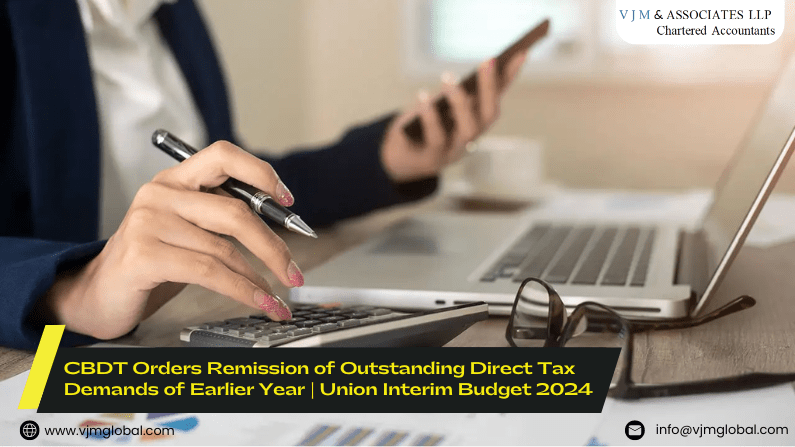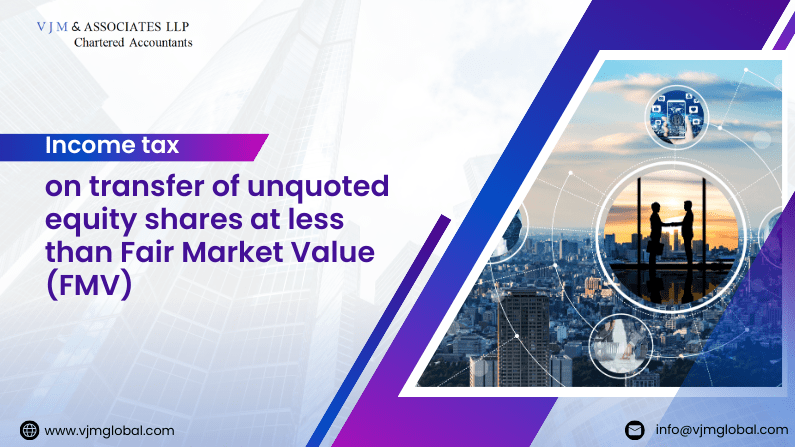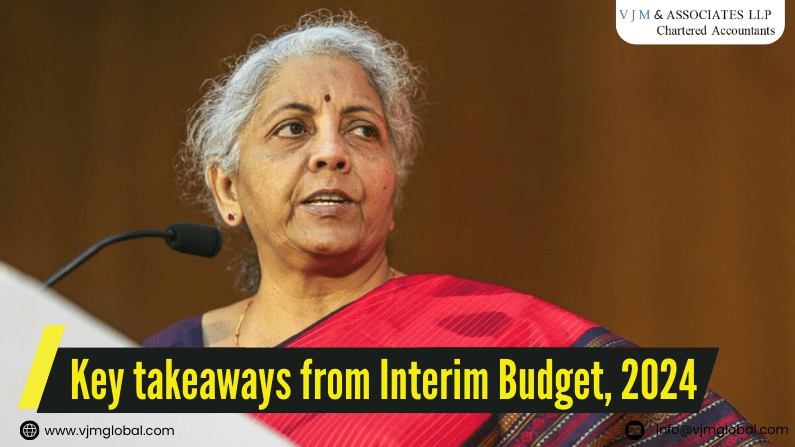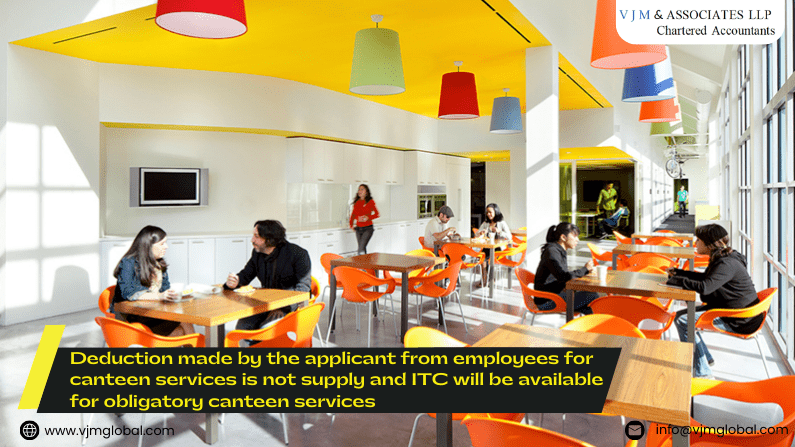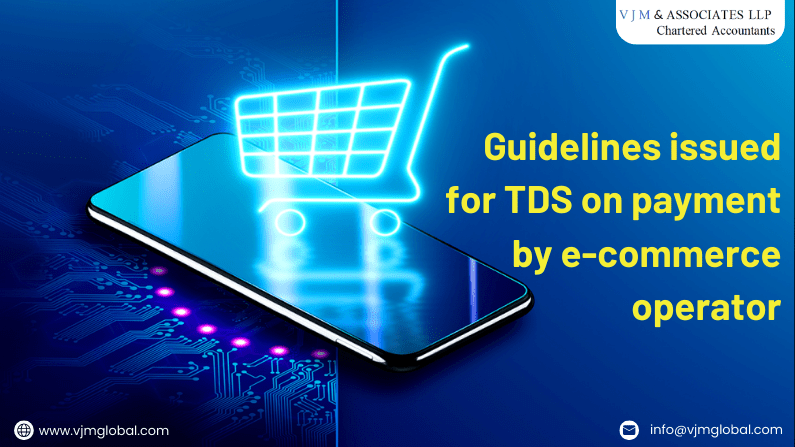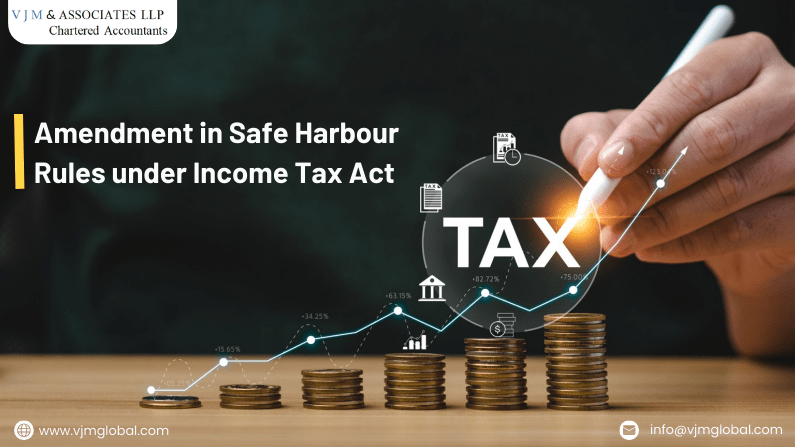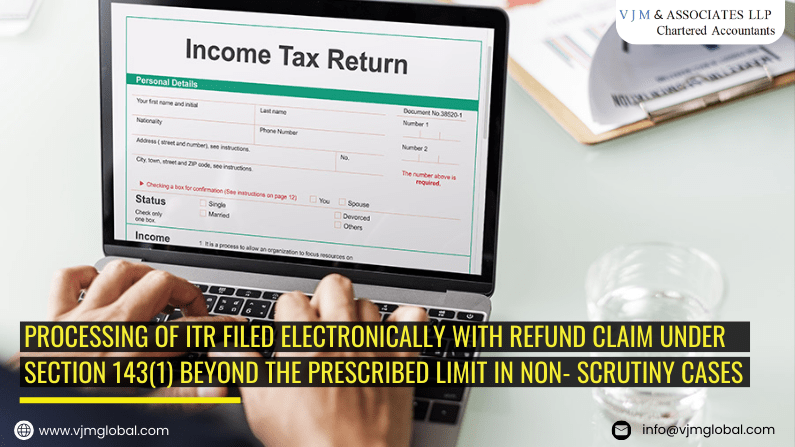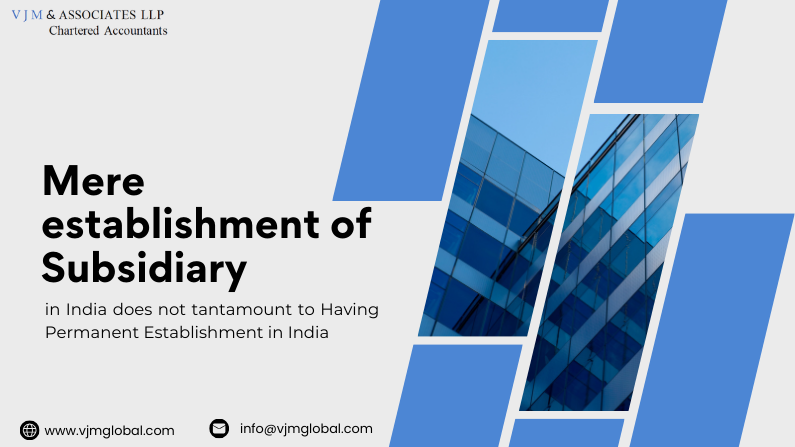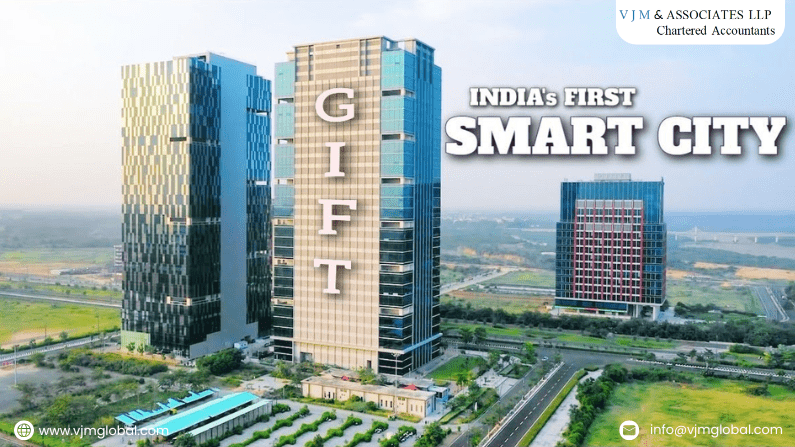
Tax implications on units established in GIFT City-India’s First International Finance Service Centre (IFSC)
GIFT City is a acronym for “Gujarat International Finance Tech-City”. GIFT City is a central business district established in Ahmedabad District in Gujarat, India. This is a government promoted greenfield project inaugurated in 2015. GIFT City is the India’s first Operational smart city.

